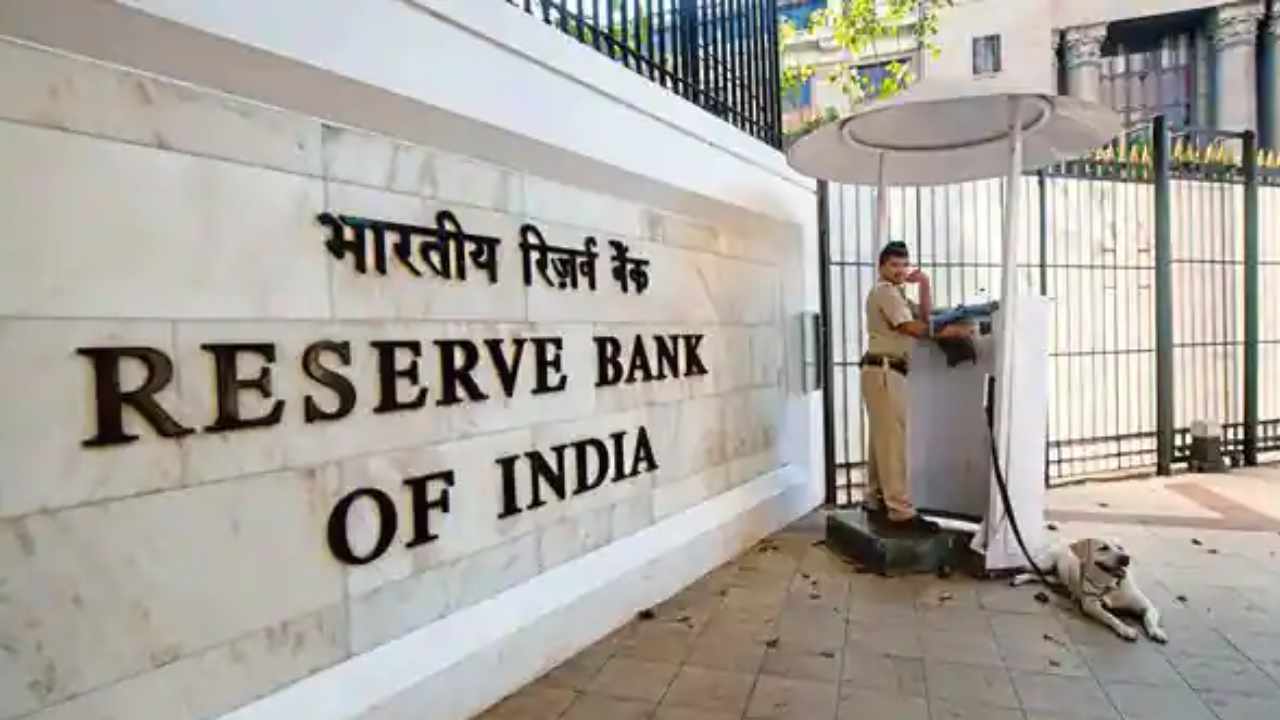India’s Central Bank RBI to Adopt a ‘Graded Approach’ to Digital Currency Launch

The Reserve Bank of India has released its annual reports for 2021-22 Friday. The report discusses the central bank’s digital currency (CBDC), among other topics.
The report details: “The design of CBDC must be in conformity with monetary policy and financial stability. It should also allow for efficient operations of currency, payment systems, and other operational aspects.”
The Reserve Bank proposes a gradual approach to the introduction of CBDC. This will include pilots, proof of concept and launch.
The report also reveals that the central banking ‘has been exploring both the pros and cons [of] the] introduction of CBDC to India.
Further, the RBI stated that they are currently examining the design elements of CBDCs which could be implemented without disruption or little.
India’s Finance Minister Nirmala Sitharaman presented the Union Budget 2022-22-23 and announced that the central bank would launch a digital currency in February.
The RBI report concludes with:
The Finance Bill, 2022 includes a suitable amendment to the RBI Act 1934. The Finance Bill, 2022 was enacted. It provides a legal framework that will allow CBDC to be launched.
T. Rabi Sankar , RBI Deputy Governor, stated that central banks would launch a CBDC in a carefully calibrated and graduated manner, assessing the impact along the way.
The RBI has maintained an anticrypto stance. Last week, Governor Shaktikanta das cautioned about investing in the cryptocurrency market following the collapse of stablecoin terrausd and cryptocurrency terra (LUNA).
The central bank stated in February that cryptocurrency poses a threat to India’s financial and macroeconomic stability. The deputy governor of the bank also stated that banishment of cryptocurrency is’most advisable for India’ and that regulation is “futile.”
However, although the Indian government is yet to decide on India’s crypto policy, crypto income is currently subject to a 30% tax. In India, an 1% tax will be deducted at source (TDS).
